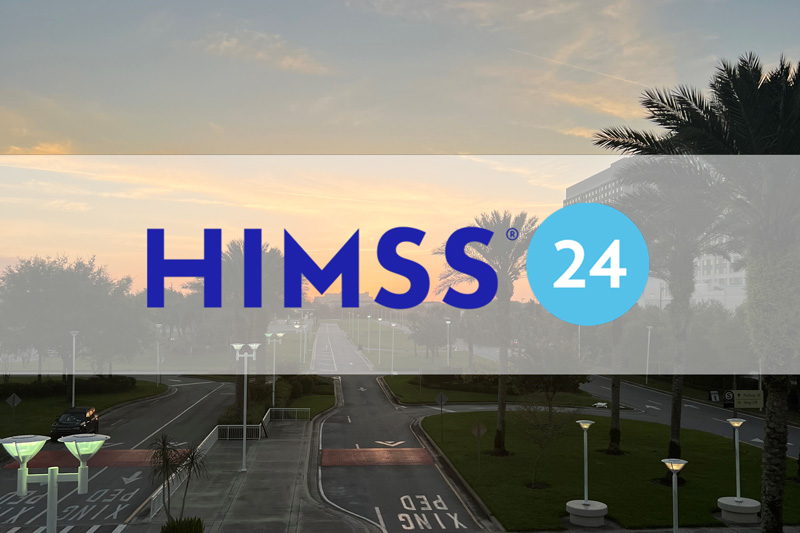In the current value-based reimbursement environment, hospitals have been overrun. They have been overwhelmed not by zombies from The Walking Dead but by out-of-control financial information. While these two may seem unrelated, the former is an accurate comparison for the latter. 2010’s Affordable Care Act, with its cut to Medicare payments and increase in value-based incentives, can be seen as the outbreak of the contagion. These changes made reimbursement more complex while decreasing hospital margins, essentially starting an informational zombie apocalypse while giving everyone a sprained ankle.
The status quo for dealing with the flow of financial information has been individual reports cobbled together from the various areas of a hospital’s financial map. Like fighting an army of zombies with a baseball bat, this analysis method proves slow and worthless. The true solution for managing financial data within a hospital lies in a revenue cycle analytics tool, which turns the mindless swarm of financial data into useful pieces of your hospital’s decision-making process.
What is the problem in financial reporting?
The reporting problems with hospitals without an analytics tool are two-fold: increased man-power and slower speeds. Hospital CFOs and administrators do not have the time to sift through the immense amount of data created by individual reports. According to a Healthcare Informatics article, one CFO had an 80-report backlog with nobody to handle the overflow of information. To scan this amount of data would be a monumental task, let alone analyzing it and finding outliers that drag on revenue. Aside from being overwhelming and growing exponentially, an 80-report backlog is like a zombie horde in its mindlessness. There is no way to make sense of the data or glean any valuable insights that drive decision-making.
In regards to speed, the integrity of the zombie comparison depends on which movie or TV show is in question. We will ignore movies like “28 Days Later” or “Train to Busan,” which feature fast zombies, and instead go with zombies from George A. Romero’s “Night of the Living Dead,” as it’s slow zombies that better fit my argument.
Slow financial reporting means that if an individual report is ever read, it is often times out-of-date or not timely. For financial data, this means a weak spot along the revenue stream is not identified quickly and revenue is lost. In an environment with lower margins and a more complex reimbursement structure that is prone to issues, these days or weeks spent waiting for financial data is extremely valuable.
How can analytics help?
Analytics work as an antidote to the mindless zombies. The solution turns the undead back into useful members of society. In a more concrete sense, an analytics solution combines data from all sources of financial information into one place and allows CFOs the opportunity to locate issues along the revenue stream quickly. It eliminates reporting pileups and allows the health system to make timely decisions that save money.
Speaking to Beckers Hospital Review, chief technology officer of SSI Group Eric Nilsson perfectly conveys how useless data can be used productively with an RCM tool: “Analytics helps organizations understand the levers they can pull to effect change to a process and measure the impact of that change.” The tool does the heavy lifting of data compilation and visualization to turn the mindless horde of data into a contributing factor to a health organization. For example, the tool can be used to improve revenue by reducing days in A/R or identifying bottlenecks in the payment map. Zombie movies rarely end happily ever after but in the fight against the hordes of informational zombies there is a light at the end of the tunnel with analytics.
- Data Analytics and Artificial Intelligence in the Race for a Coronavirus Vaccine - September 14, 2020
- The Balance Between Data Insights and Governance on the Path to Returning to Work - August 26, 2020
- Data Analytics and the Fight Against COVID-19 - August 10, 2020



